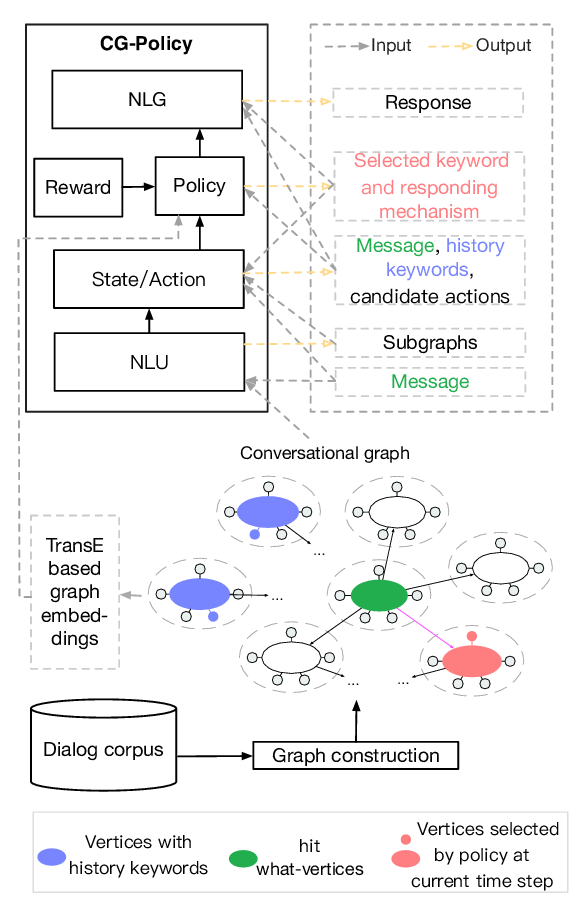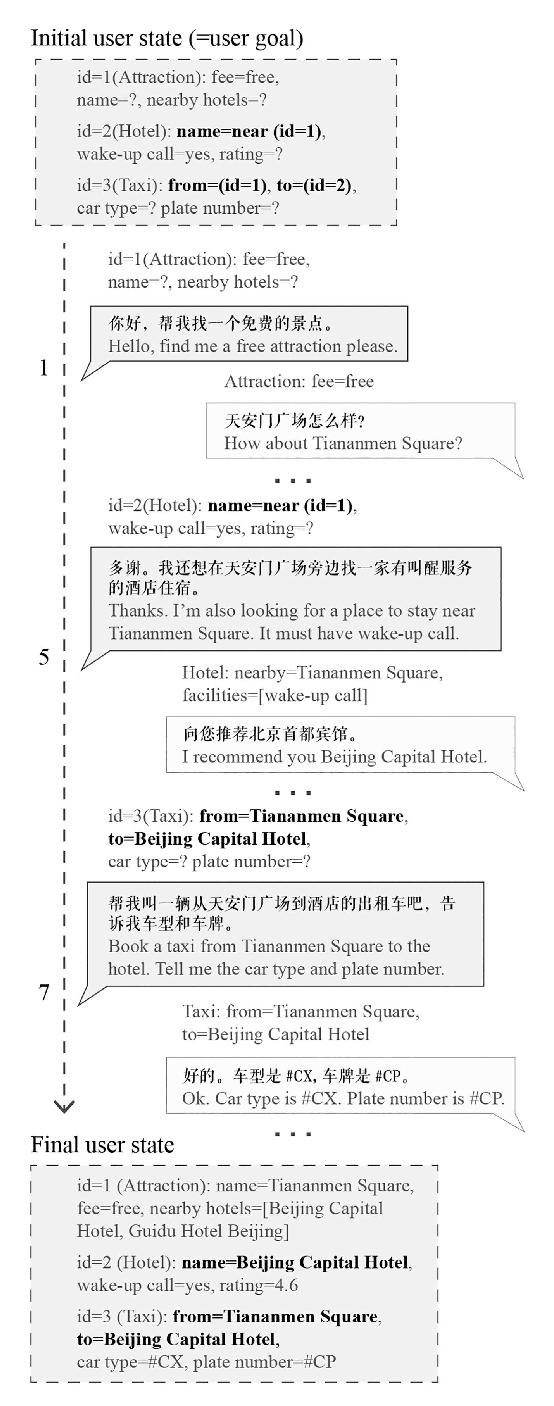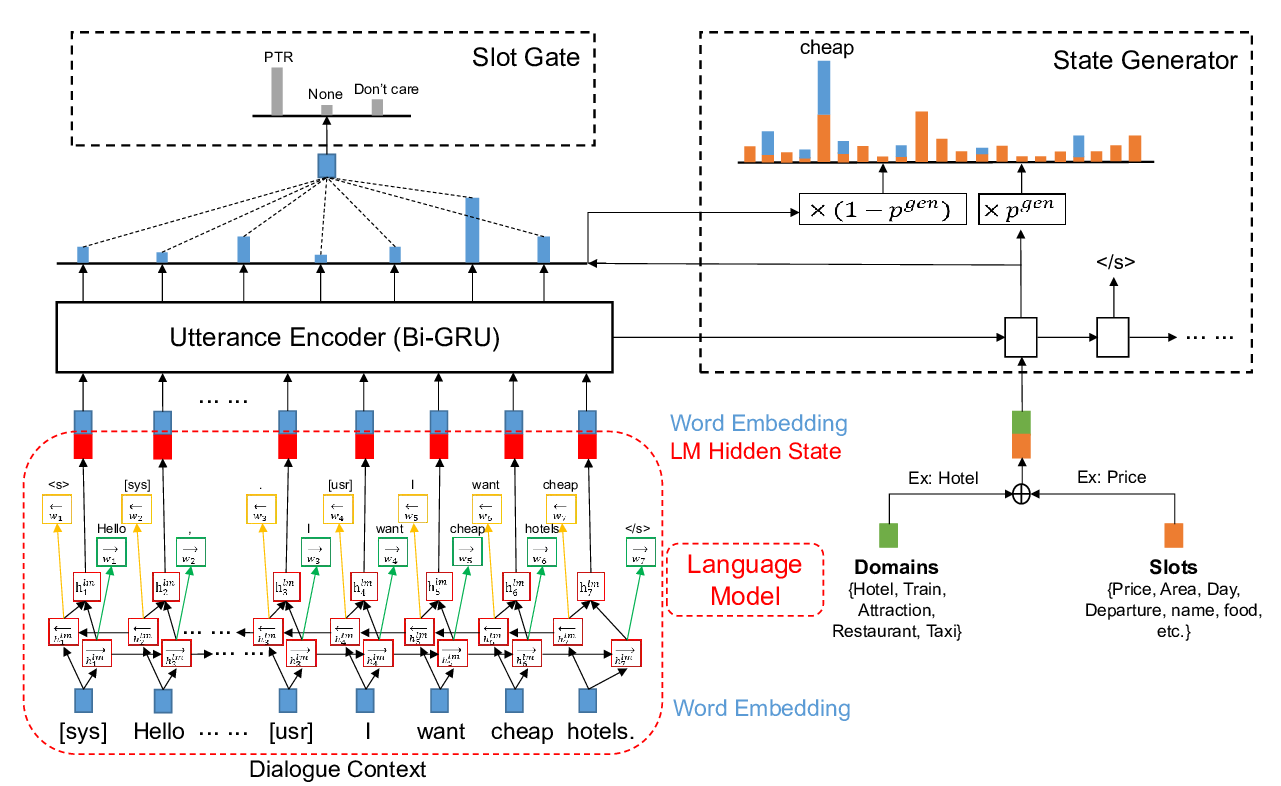Semi-Supervised Dialogue Policy Learning via Stochastic Reward Estimation
Xinting Huang, Jianzhong Qi, Yu Sun, Rui Zhang
Dialogue and Interactive Systems Long Paper
Session 1B: Jul 6
(06:00-07:00 GMT)

Session 3B: Jul 6
(13:00-14:00 GMT)

Abstract:
Dialogue policy optimization often obtains feedback until task completion in task-oriented dialogue systems. This is insufficient for training intermediate dialogue turns since supervision signals (or rewards) are only provided at the end of dialogues. To address this issue, reward learning has been introduced to learn from state-action pairs of an optimal policy to provide turn-by-turn rewards. This approach requires complete state-action annotations of human-to-human dialogues (i.e., expert demonstrations), which is labor intensive. To overcome this limitation, we propose a novel reward learning approach for semi-supervised policy learning. The proposed approach learns a dynamics model as the reward function which models dialogue progress (i.e., state-action sequences) based on expert demonstrations, either with or without annotations. The dynamics model computes rewards by predicting whether the dialogue progress is consistent with expert demonstrations. We further propose to learn action embeddings for a better generalization of the reward function. The proposed approach outperforms competitive policy learning baselines on MultiWOZ, a benchmark multi-domain dataset.
You can open the
pre-recorded video
in a separate window.
NOTE: The SlidesLive video may display a random order of the authors.
The correct author list is shown at the top of this webpage.
Similar Papers
Learning Efficient Dialogue Policy from Demonstrations through Shaping
Huimin Wang, Baolin Peng, Kam-Fai Wong,

Conversational Graph Grounded Policy Learning for Open-Domain Conversation Generation
Jun Xu, Haifeng Wang, Zheng-Yu Niu, Hua Wu, Wanxiang Che, Ting Liu,

CrossWOZ: A Large-Scale Chinese Cross-Domain Task-Oriented Dialogue Dataset
Qi Zhu, Kaili Huang, Zheng Zhang, Xiaoyan Zhu, Minlie Huang,

